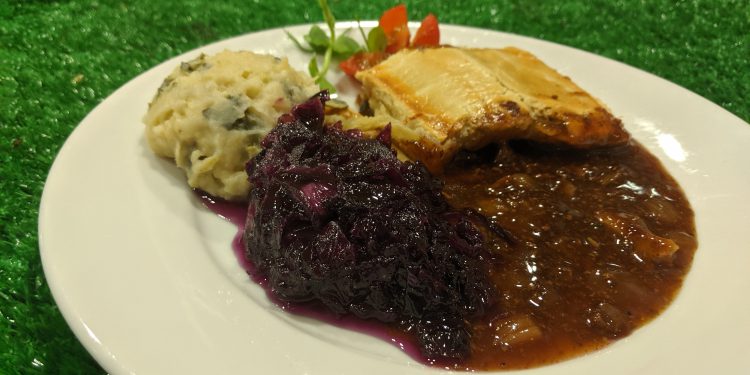East Lancashire hospital patients are opting for local, wild venison in a new scheme.
Together with Forestry England, the hospitals have served more than 600 kilograms of wild venison from the Forest of Bowland since April last year.
The hospital trust’s Facilities Manager Tim Radcliffe says wild venison ticks all the boxes from sustainability to health.
“As meats go, venison is low in fat and has good nutrients to aid recovery and promote good patient health,” he says.
“Wild venison is a cost neutral option in comparison to other meats. If you can buy high quality, sustainable ingredients sourced from within 20 miles, why would you consider importing meat?
“Our figures show that the venison dishes are consistently accounting for nearly half of the hot meal choices on a meal service. Those numbers really speak for themselves about patients’ appetite for this meat.
“Eating wild venison is better for biodiversity and helps protect our forests”
“People who are in the hospital can identify with the Forest of Bowland, and it allows them to have an understanding of local, sustainable farming.
“When we introduced the venison pie to the menu, we went around to the wards so staff could taste it, to help patients understand its story and what it was all about. Feedback from staff was categorically, ‘It’s absolutely delicious’.”
In December, the trust’s Venison and Winter Vegetable Pie and Lancashire Venison and Mash Casserole dishes regularly accounted for 33 to 50 per cent of patient meal choices.
Forestry England, which manages England’s 1500 forests and woodlands, culls the deer as part of its sustainable forest management programme.
“Encouraging more people to eat wild venison is better for biodiversity and helps protect our forests,” says Lead Wildlife Manager Nigel Foster.
“Our main objective for culling is always forest management. Wild venison is a great solution for those wanting to eat less but better quality meat.”























